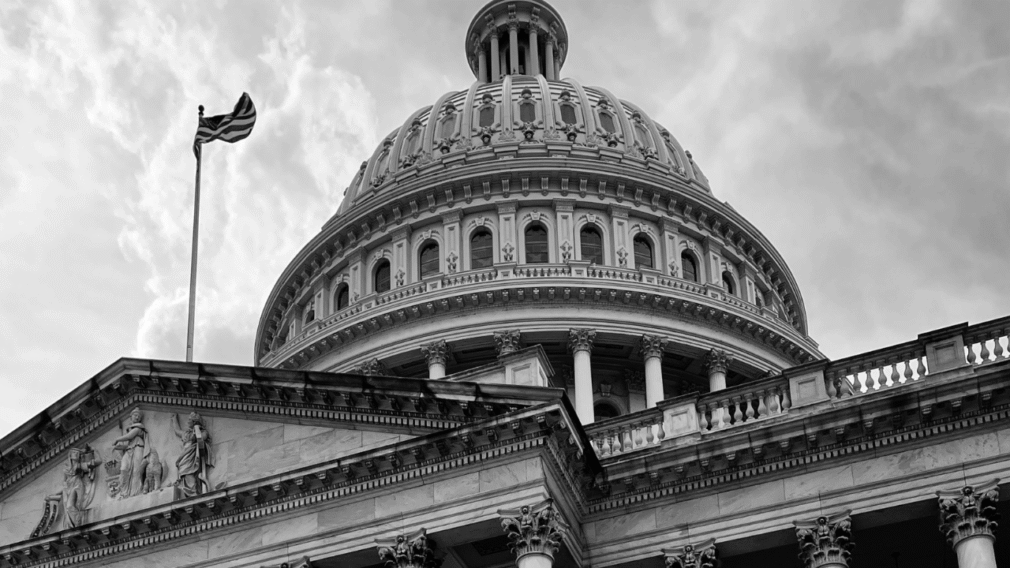Bipartisan Senate Bill Aims to Repeal “Outdated” Federal Taxes on Legal Sports Betting
A bipartisan pair of U.S. senators has introduced new legislation, the “WAGER Act,” which seeks to repeal two long-standing federal excise taxes on legal sports betting. The bill, co-sponsored by Senator Catherine Cortez Masto of Nevada and Senator Cindy Hyde-Smith of Mississippi, is a direct response to what the legal gaming industry sees as an outdated and counterproductive tax structure that unfairly penalizes licensed operators.

Targeting a “Handle” and “Head” Tax
The “Withdrawing Arduous Gaming Excise Rates Act,” or WAGER Act, is a narrowly focused bill with a clear target. It aims to eliminate two specific federal taxes that were first enacted in 1951:
- A 0.25% excise tax on the total amount of money wagered, or the “handle.”
- A $50 annual “head tax” for each employee involved in receiving wagers.
These taxes were originally created to combat illegal, mob-run gambling operations. However, in the modern era of legal, state-regulated sports betting, the bill’s sponsors argue that these taxes have become a burden on legitimate businesses.
An “Unfair Edge” for Illegal Operators
The core argument behind the WAGER Act is that these decades-old taxes are now having the opposite of their intended effect. Instead of cracking down on illegal activity, they are penalizing the very legal operators who are competing against the black market.
“For too long, this outdated federal tax on sports betting has held this industry back, all while giving illegal offshore operators, and now new out-of-state run prediction markets, an unfair edge,” said Senator Hyde-Smith.
Because illegal offshore sportsbooks do not pay these taxes, they can operate with lower costs and often offer more favorable odds to consumers, creating a direct competitive disadvantage for the legal market. This, the bill’s proponents argue, incentivizes the very behavior the taxes were originally meant to deter.
“It’s past time to exempt legal sports betting from outdated taxes that are actually incentivizing illegal sportsbooks,” said Senator Cortez Masto.
A Significant Financial Burden
The financial impact of these taxes on the legal industry is significant. Nevada alone paid nearly $22 million in “handle” taxes in 2022, a figure that has nearly doubled since 2019. The WAGER Act would eliminate this burden for all licensed sportsbooks operating under state or tribal law, while leaving the taxes in place for any illegal operations.
The bill, which has a companion version in the House of Representatives co-sponsored by Representatives Dina Titus and Guy Reschenthaler, is being framed as a “commonsense” piece of legislation that will strengthen local economies and support the continued growth of the legal, regulated sports betting market.
“This is bipartisan, commonsense legislation that will help boost local economies across the United States,” said Cortez Masto.
Recommended
